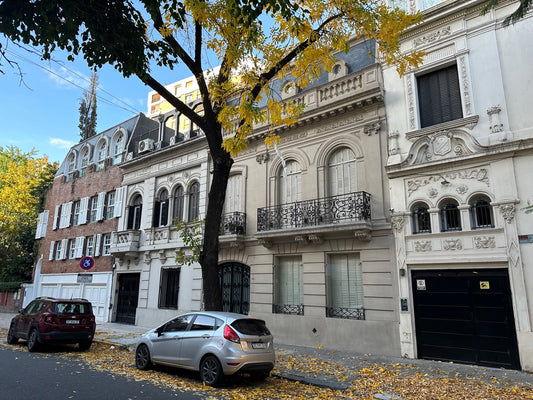Table of Contents
How to Become a Citizen in Croatia
Short-Term Stays and Visas
Non-EU nationals generally require a visa to enter Croatia. The options include:
- Tourist Visa: Allows stays up to 90 days within 180 days for tourism, short-term business, etc.
- Business Visa: For business meetings, training, or events, with a similar duration to the tourist visa.
- Study Visa: Required for international students enrolled in Croatian academic institutions or language courses.
For stays beyond 90 days, you'll need to apply for a residence permit.
Long-Term Residency Options
Options for long-term residency (over 90 days) include:
- Work Permit: Employers can apply if no suitable Croatian candidates are available.
- Family Reunification Permit: For spouses, children, and other family members of Croatian citizens or legal residents.
- Student Permit: For students accepted to a Croatian university or academic program.
- Digital Nomad Visa: Allows remote workers to reside in Croatia for up to a year.
- Investment or Business Permit: For entrepreneurs or investors establishing a business in Croatia.
- Retirement Permit: For those meeting certain financial criteria.
Pathway to Permanent Residency
After 5 years of legal, continuous residence, individuals can apply for permanent residency, which provides indefinite stay rights, ability to change employers, and access to social benefits.
Obtaining Croatian Citizenship
Pathways to Croatian citizenship include:
Buenos Aires Real Estate: Transformative Opportunities for Investors
Buenos Aires Real Estate Market: 2025 Comprehensive Investor Guide Introduction to Argentina's Emerging Real Estate Landscape Argentina's real estate market stands at a critical inflection point in 2025, presenting unique... Keep Reading →
- Citizenship by Descent: For those with Croatian ancestry.
- Citizenship by Marriage: For those married to Croatian citizens for at least 3 years.
- Citizenship by Naturalization: Non-EU nationals must reside continuously in Croatia for 8 years.
- Citizenship for Special Contributions: For those who have significantly contributed to Croatian society, culture, or economy.
Croatia allows dual citizenship under certain conditions.
Challenges and Considerations
Relocating to Croatia presents various challenges, including:
- Taxation: Understanding worldwide income taxation and double taxation treaties.
- Healthcare: Navigating the public and private healthcare systems.
- Education: Adapting to the education system, especially for expatriate children.
- Bureaucracy: Extensive paperwork and long processing times for permits and visas.
- Language Barrier: Importance of learning Croatian for daily life and professional integration.
- Cultural Adaptation: Understanding local customs and social norms.
- Housing and Costs: Competitive housing market and varying cost of living.
- Employment: Challenges in finding jobs due to work permit quotas and language requirements.
Careful planning and understanding of the legal processes are crucial for a successful relocation to Croatia.






